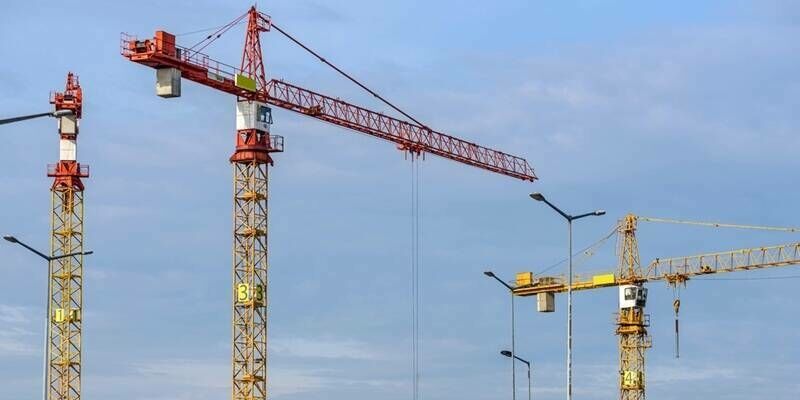As part of its emergency management efforts, GMV is conducting an impact assessment of the earthquake that struck Turkey and Syria in the early hours of Monday, February 6.
GMV is using optical imagery of the highest resolution to keep the EU Civil Protection Mechanism’s Emergency Response Coordination Centre (ERCC) apprised of the situation facing the population and infrastructure in several affected cities (Gaziantep, İslahiye, Düziçi and Bahçe).
GMV is assessing how the population and infrastructure have been affected by one of the largest quakes in the last decade, compiling all information from high-resolution satellite imagery. These images show the challenge faced by rescue teams and reveal the widespread destruction caused in towns and villages across the region. Completely flattened residential areas, makeshift tents set up on soccer fields, and heavy traffic jams on roads, many of which are closed, are some examples of what they have captured.
This action is being done thanks to the Copernicus program, which keeps satellites and Earth observation services operational to support management and decision-making in different areas, particularly in the field of emergency management. António Araújo, head of security and emergencies at GMV’s Remote Sensing and Geospatial Services Division, said: “GMV is part of the team that is on standby 24/7 to respond to crises like the one we are experiencing now and to inform search and rescue teams, as well as decision-makers and other stakeholders, of the situation on the ground.”
Subscribe to our newsletter
Stay updated on the latest technology, innovation product arrivals and exciting offers to your inbox.
Newsletter

